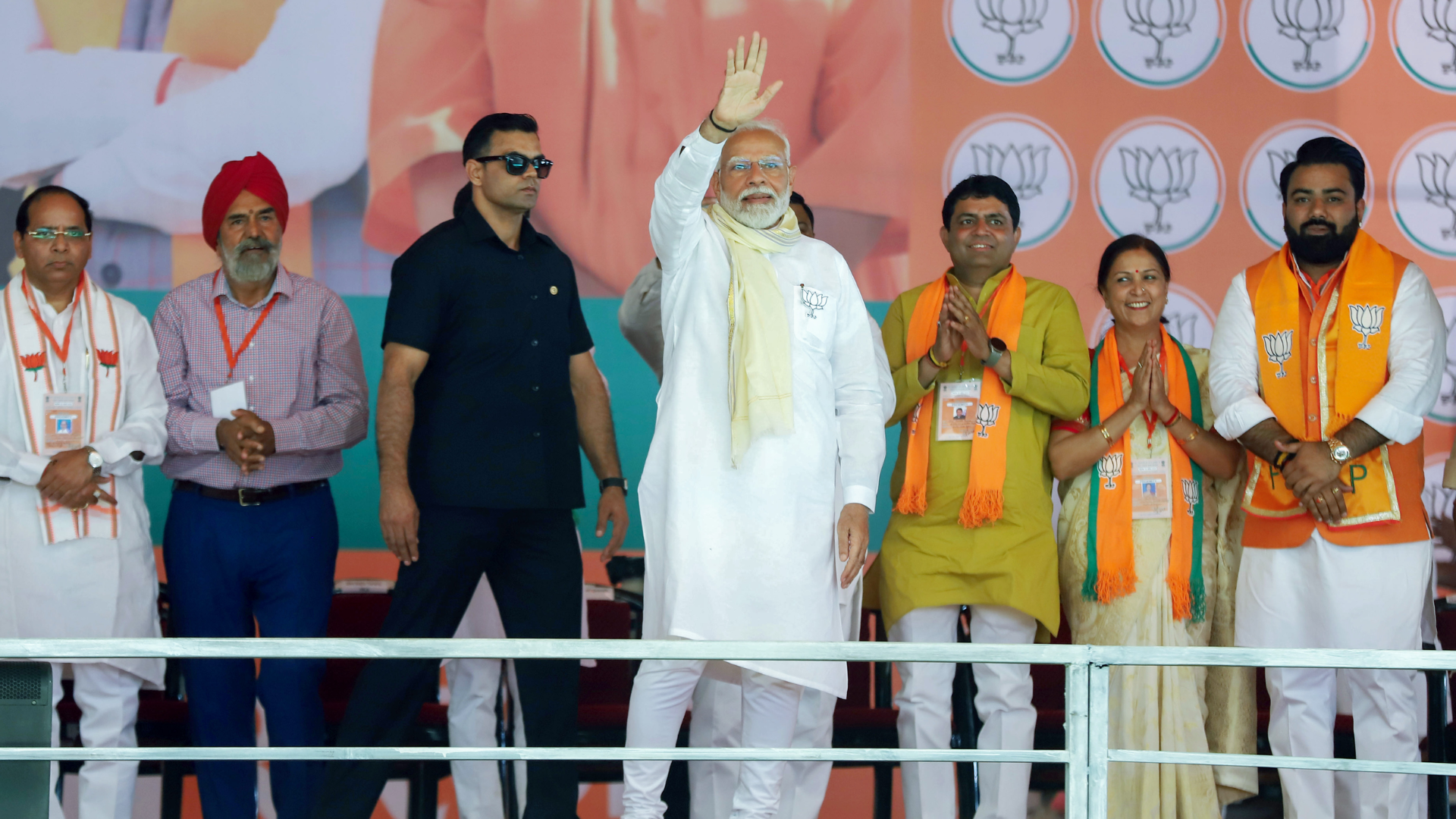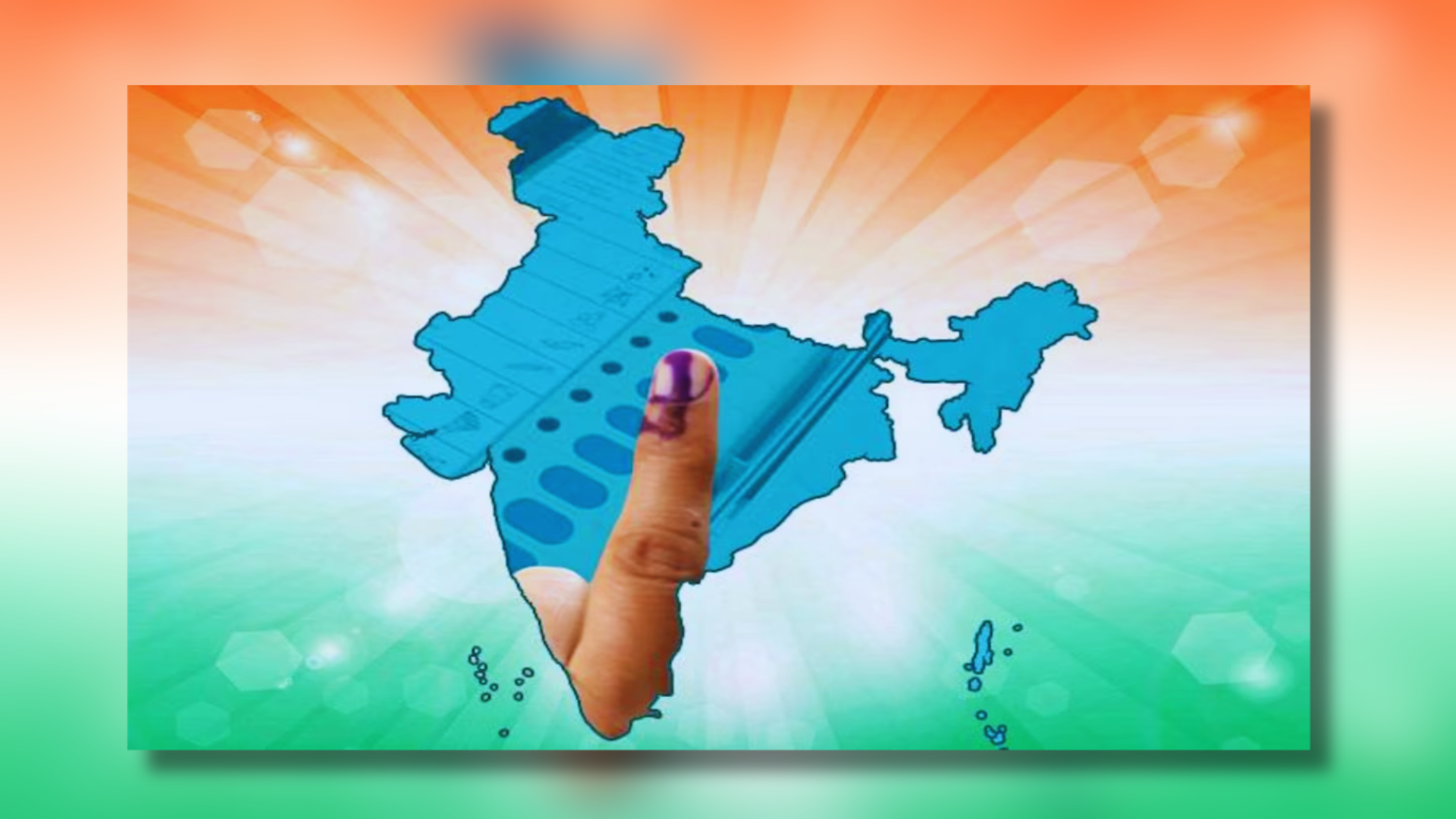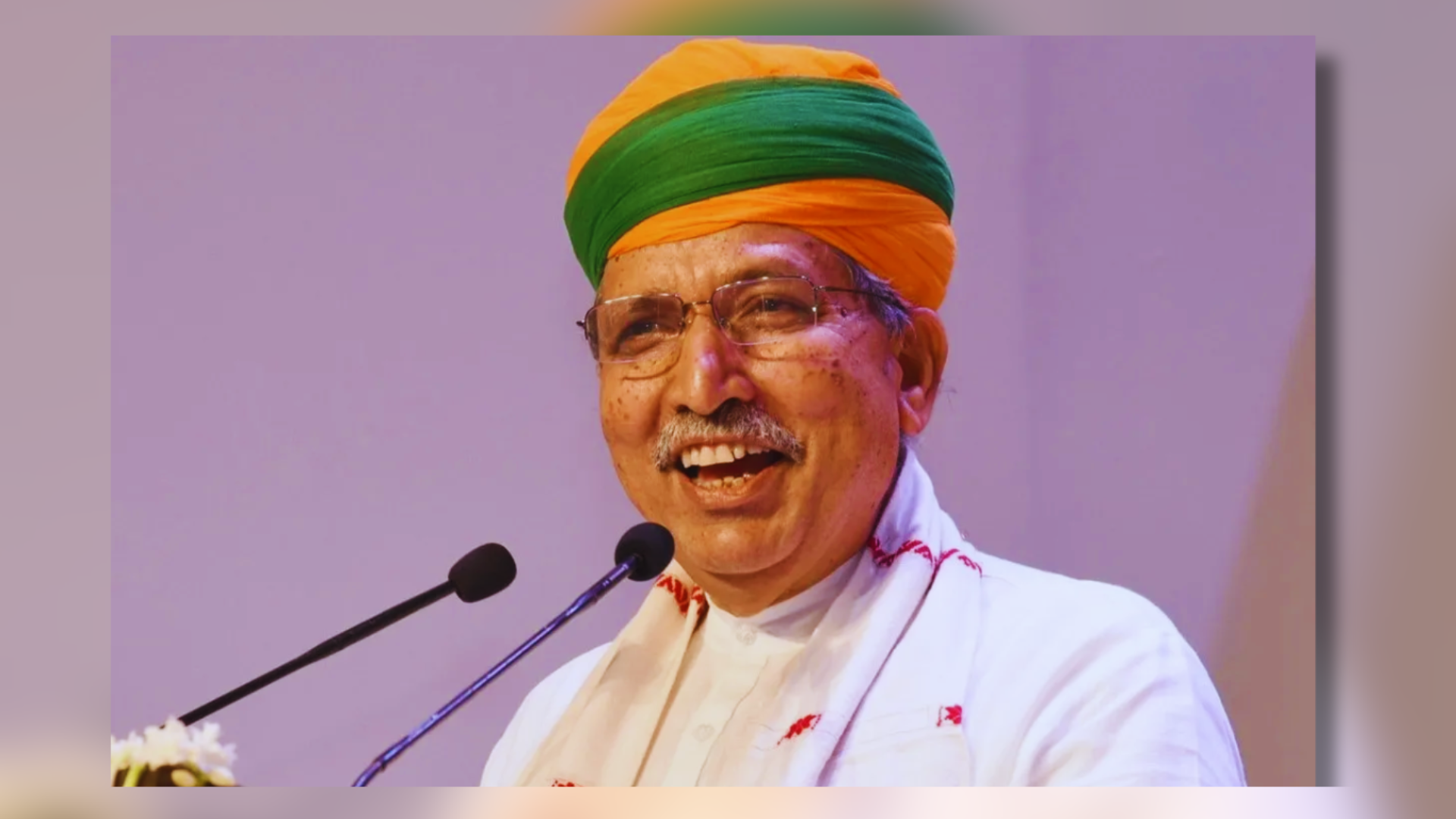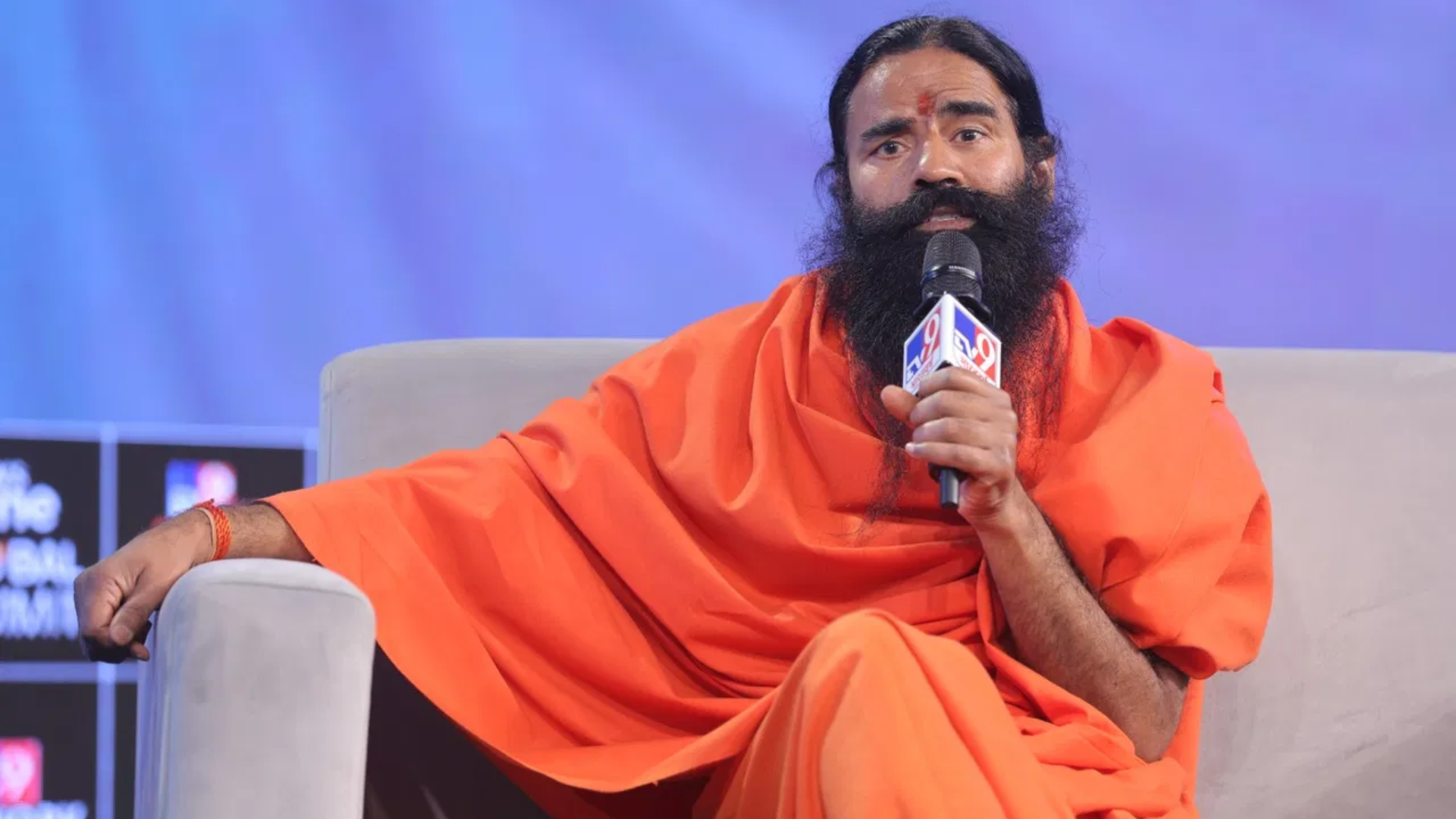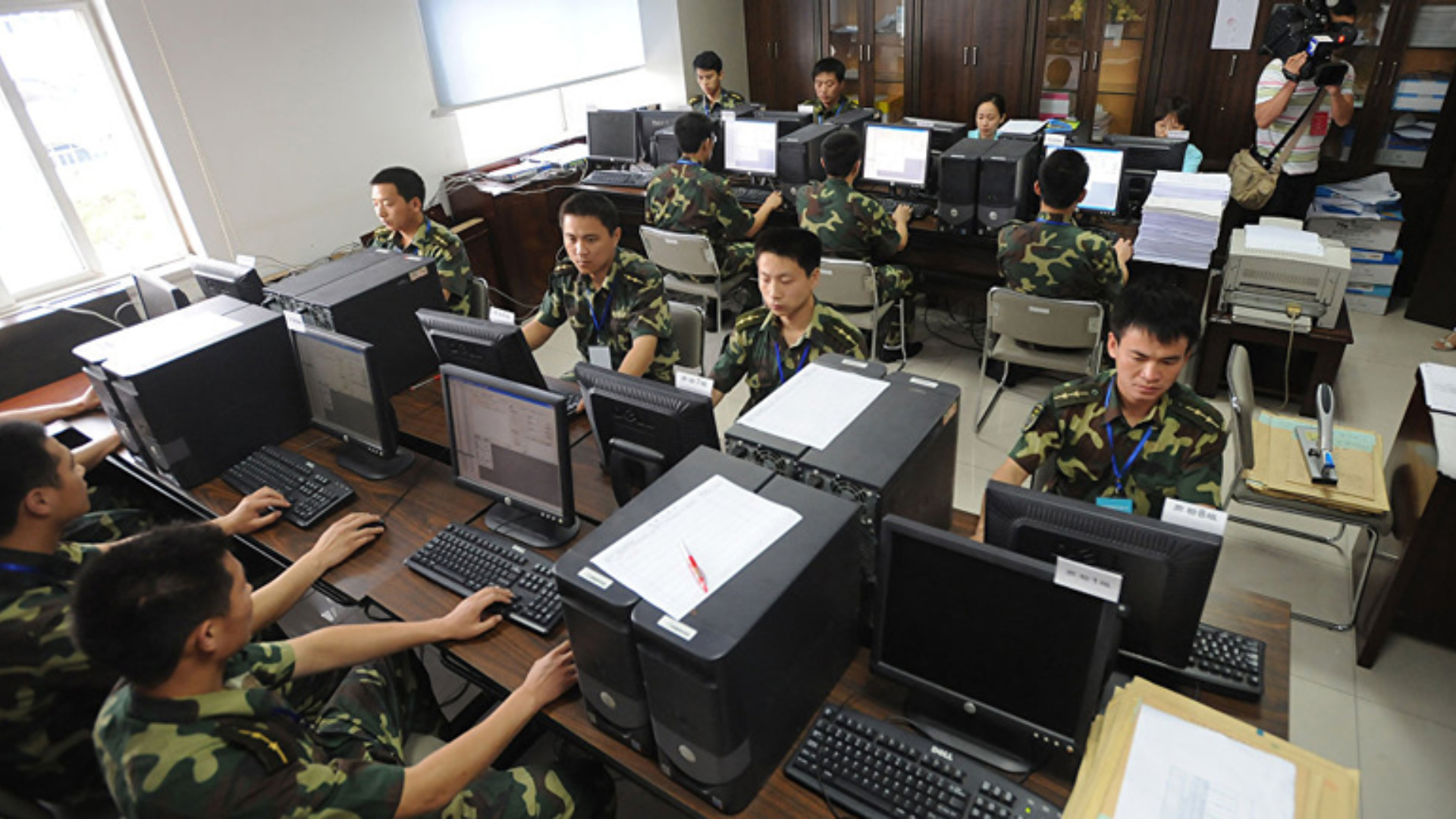



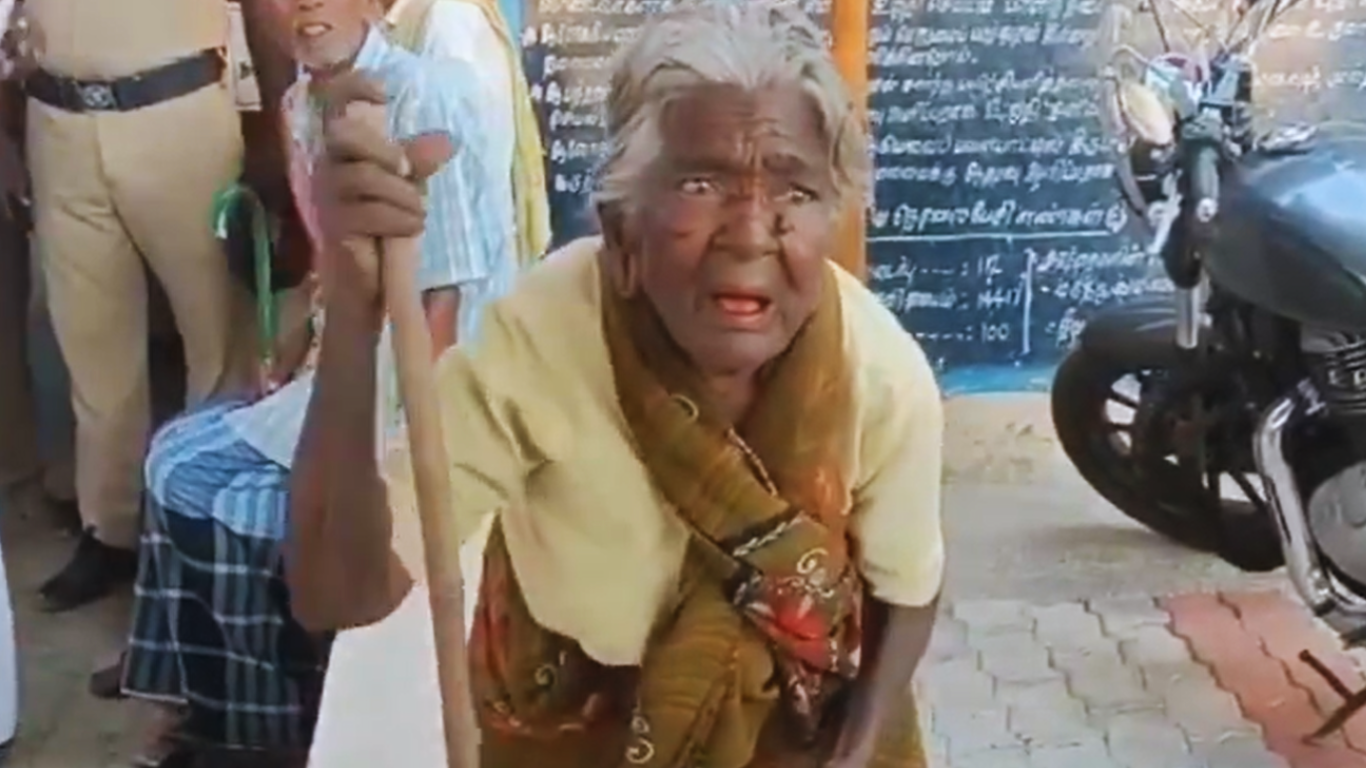
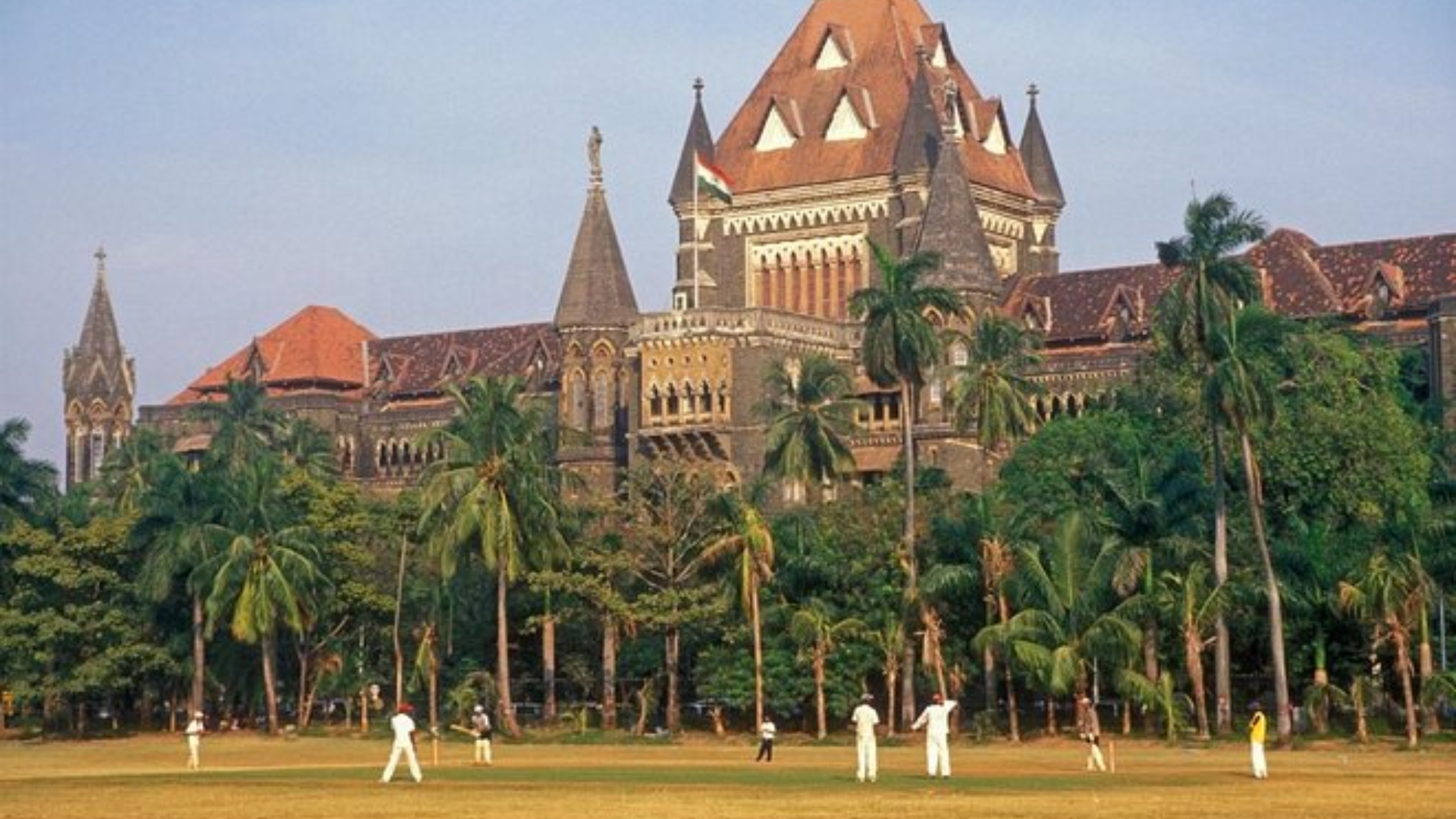



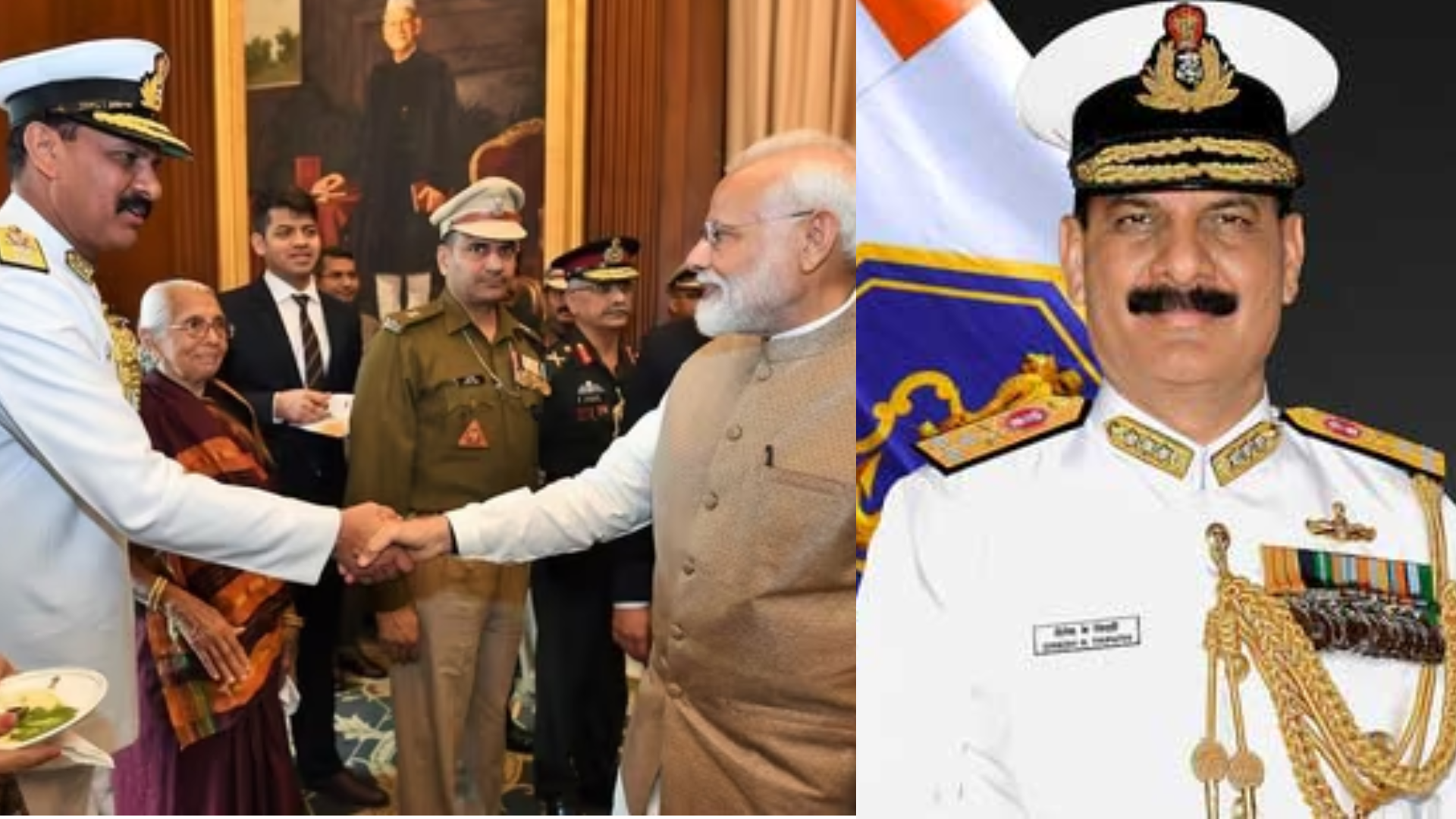

The Directorate of Enforcement (ED) has taken legal action against Chief Minister Arvind Kejriwal for non-compliance with the agency’s summons in the money laundering case related to the liquor policy. The complaint has been filed in Delhi’s Rouse Avenue Court. During Saturday’s hearing, some submissions were made, and the court has scheduled the next hearing for February 7 to address the remaining submissions and considerations.
For the fifth time, Delhi Chief Minister Arvind Kejriwal has avoided the Enforcement Directorate’s summons in connection with the money laundering probe concerning irregularities in the Delhi excise policy for 2021-22. Kejriwal, dismissing the previous four summons as “illegal and politically motivated,” did not attend the summons issued on January 18, January 3, November 2, and December 22.
The ED aims to record Kejriwal’s statement on various aspects of the case, including the formulation of the policy, pre-finalization meetings, and allegations of bribery. Following Kejriwal’s repeated non-appearances, BJP leader Dilip Ghosh suggested that his reluctance to visit the probe agency’s office stems from fear.
“ED keeps calling because their job is to investigate. The reason for an investigation can be anything. To get some information. Many people have not gone there even after ten times in West Bengal. And those who went never came out. He is not going there out of fear,” Ghosh said.
In the charge sheet filed on December 2, 2023, as part of its ongoing case, the Enforcement Directorate (ED) accused AAP leader Sanjay Singh and his aide Sarvesh Mishra of utilizing kickbacks totaling Rs 45 crore, which were generated through the policy, for the party’s assembly elections campaign in Goa in 2022.
The objective of the excise policy was to rejuvenate the declining liquor business in the city by transitioning from a sales-volume-based system to a trader’s license fee. This policy marked the introduction of discounts and offers on liquor purchases for the first time in Delhi.

